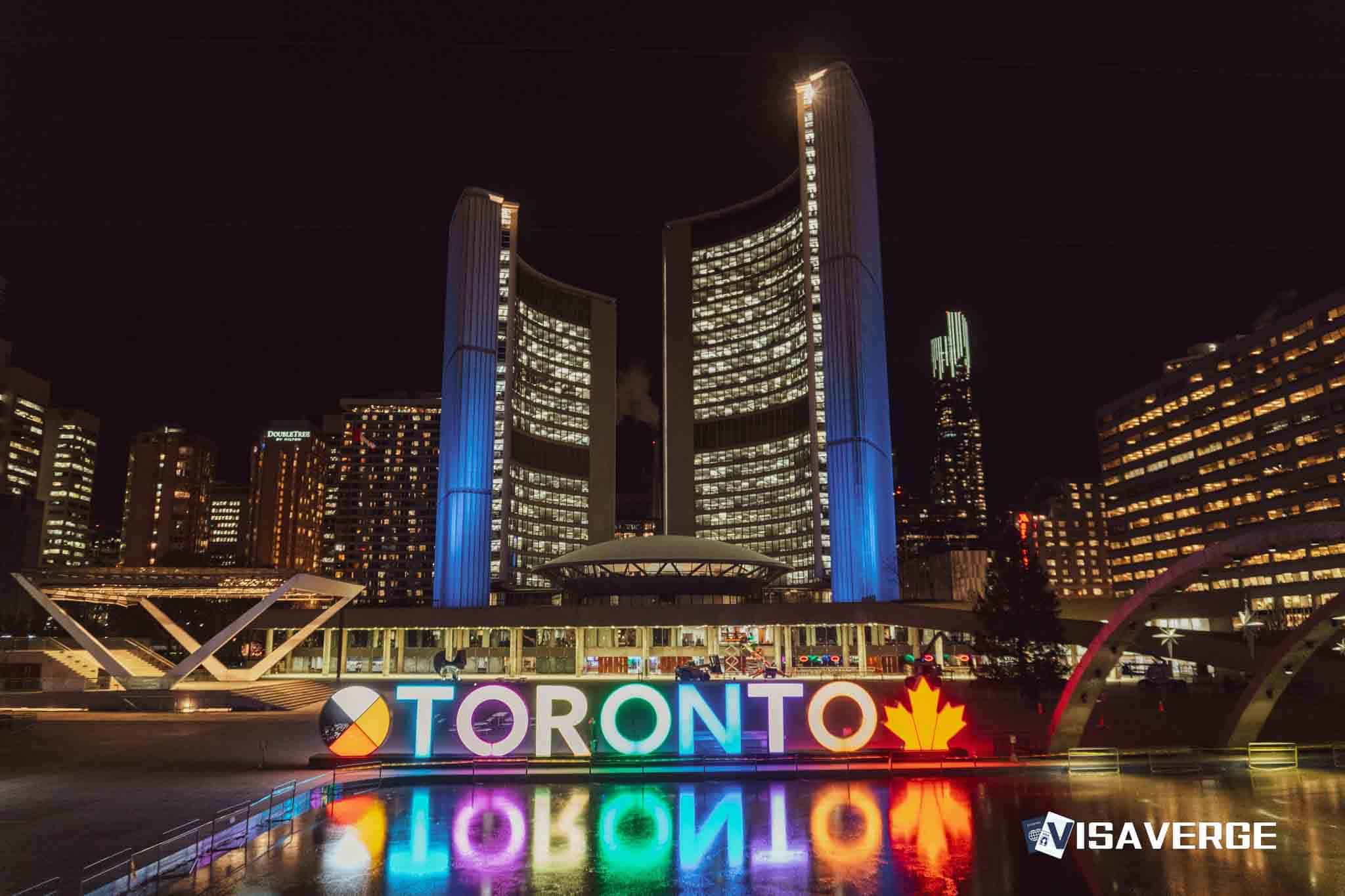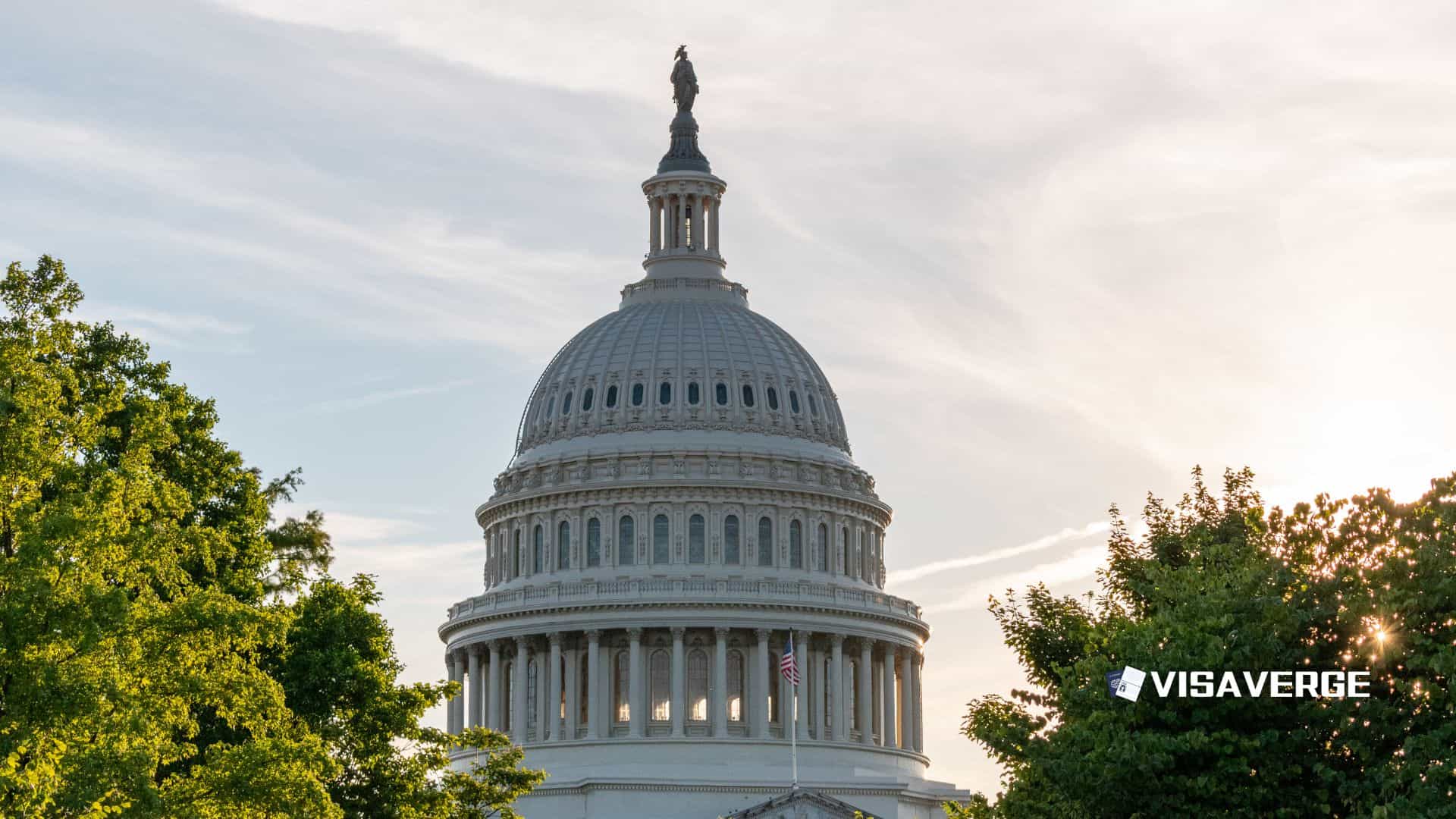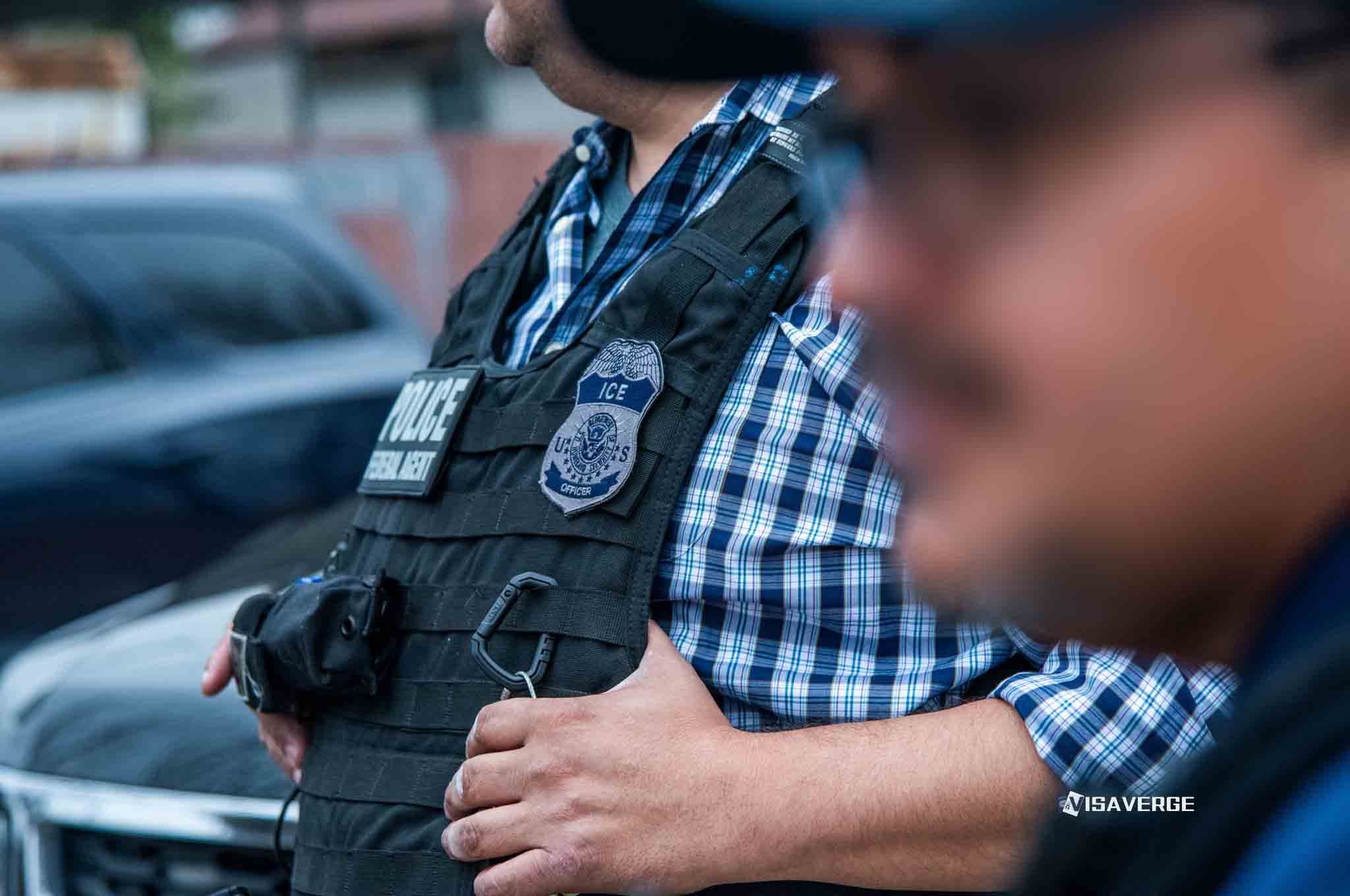(TULSA, OKLAHOMA) The City of Tulsa marked its 49th naturalization ceremony this summer, underscoring a steady, monthly tradition that has welcomed nearly 1,500 new U.S. citizens since 2019. The most recent milestones include a June 11, 2025 event at Circle Cinema where 39 immigrants from 12 countries took the Oath of Allegiance, and an August 13, 2025 ceremony scheduled at the Philbrook Museum. City leaders say the monthly calendar will continue through the end of 2025 at prominent venues across Tulsa, reflecting an ongoing investment in inclusion and civic life.
At the June event, presided over by U.S. District Court Judge Sara Hill, the largest group of new citizens came from Mexico, with others from Japan, Colombia, Pakistan, and Kenya. Each new citizen received a one-year Circle Cinema membership from the venue’s Board of Directors—a small but meaningful welcome that connects families to local art and community programming.

In April 2025, 20 Tulsa residents from Burma, Canada, Laos, and Mexico became citizens at City Hall. Mayor Monroe Nichols officiated and highlighted the personal weight of the oath for each family present. City staff and community partners say that sense of local care is deliberate: ceremonies are designed to be public, proud moments that give new citizens a clear entry point into civic life.
Monthly Oath-Takings Draw Diverse New Citizens
Tulsa began hosting these ceremonies in 2019 as part of the New Tulsans Initiative in partnership with U.S. Citizenship and Immigration Services (USCIS). Since then, monthly events have become a reliable fixture.
Over the past year, each naturalization ceremony has typically brought 20 to 39 people to the final step of their journey—testing complete, interviews done, oath taken, certificate in hand.
According to analysis by VisaVerge.com, Tulsa’s model shows how local government can support federal immigration processes without changing the rules themselves. The city provides respected public venues and a welcoming setting, while federal law and USCIS procedures still govern who qualifies and when an applicant is ready for the oath. The result is a local tradition with national meaning: a federal process that ends with a neighborhood gathering.
New citizens often describe the day as both proud and tender. After the oath, they hold certificates as relatives clap, take photos, and sometimes cry. For parents, the moment can feel like a promise to their children; for older applicants, it may close a long chapter of work, study, and waiting. Community gestures—like Circle Cinema’s membership—help turn a formal step into a lasting bond with the city.
The City of Tulsa says the structure of these events matters. Hosting ceremonies at places like Philbrook Museum, the YMCA, and the TCC Metro Campus brings citizenship into the same public spaces where families already gather for school events, sports, and arts. This approach links the legal milestone to everyday life and signals that new citizens belong in every corner of Tulsa.
“Ceremonies are designed to be public, proud moments that give new citizens a clear entry point into civic life.”
How Tulsa’s Process Works — and What Comes Next
The path to a naturalization ceremony follows federal rules. Applicants are first screened for eligibility based on lawful permanent residence time, “good moral character,” and basic English and civics knowledge. Many attend prep classes run by community groups or study at home.
Typical steps in the naturalization process:
- File Form N-400 (Application for Naturalization) with USCIS. The official form is available at https://www.uscis.gov/n-400.
- Complete biometrics (fingerprinting and photo).
- Attend an interview and take the English and civics tests.
- If approved, receive an invitation to the next available naturalization ceremony in Tulsa.
- On ceremony day:
- Bring ID.
- Follow any venue security rules.
- Arrive early for check-in.
- Take the Oath of Allegiance, receive the naturalization certificate, and join the community welcome.
- Afterward, register to vote and apply for a U.S. passport.
Once the oath is taken, rights and duties begin immediately. New citizens gain the right to:
– Vote in federal, state, and local elections.
– Travel with a U.S. passport.
– Petition for certain family members.
They also assume civic duties—such as jury service when called—that bind neighbors together across neighborhoods and backgrounds.
City officials say no restrictive changes have altered this process in Tulsa or Oklahoma this year. The rules remain federal, and local contributions focus on public ceremony and outreach. That continuity matters for families planning months ahead, especially those balancing jobs, school schedules, and travel. Predictable monthly dates give applicants a clear target once USCIS issues an oath notice.
Local and Federal Roles in the Ceremony
The June ceremony highlighted how local and federal roles meet. Judge Sara Hill administered the oath and presented certificates, while city partners welcomed families and offered small tokens of support. The balance is practical:
– Courts safeguard the legal step.
– The City of Tulsa and community groups make the event feel like home.
Tulsa’s calendar also shows the city’s intent to rotate ceremonies across well-known sites. The August 13, 2025 event at the Philbrook Museum followed that pattern. Later dates aim to use other trusted venues so guests—especially older relatives or parents with young children—can find comfortable settings, parking, and seating.
Tips for Applicants — Practical Steps to Prepare
For people considering citizenship, planning ahead is wise. While USCIS sets the timeline for each case, local monthly ceremonies mean approved applicants should not wait long for an oath date. Applicants can:
- Keep contact details current with USCIS to avoid missing a ceremony notice.
- Hold onto the naturalization certificate safely; it is essential for passport applications.
- Ask venue staff or city partners about accessibility needs for ceremony guests.
- Register to vote on site if volunteers are present.
For official details on eligibility, interviews, testing, and the Oath of Allegiance, readers can review USCIS naturalization guidance at https://www.uscis.gov/citizenship.
Community Response and Outcomes
Community response has remained strong. Local media regularly cover ceremonies, and advocacy groups encourage turnout. City leaders view these gatherings as a marker of Tulsa’s growth since 2019.
Key facts at a glance:
| Item | Detail |
|---|---|
| Ceremonies since | 2019 (New Tulsans Initiative) |
| Number of ceremonies | 49 (most recent) |
| New citizens since 2019 | ~1,500 |
| Typical ceremony size | 20–39 people |
| Recent venues | Circle Cinema, Philbrook Museum, TCC Metro Campus, YMCA |
The faces at the front of the room show how global the story is: families from Mexico, Burma, Laos, Canada, Japan, Colombia, Pakistan, Kenya, and many more countries making their futures in northeast Oklahoma.
As the 49th naturalization ceremony closes and the 50th nears, Tulsa’s message stays simple: the door to citizenship is open, the schedule is steady, and the welcome is warm. For many, the day ends where a new chapter begins—walking out of Circle Cinema or a museum with a certificate in hand and the words “United States citizen” finally true.
This Article in a Nutshell
Tulsa’s monthly naturalization ceremonies have welcomed nearly 1,500 citizens since 2019. On June 11, 2025, thirty-nine immigrants from twelve countries took the oath at Circle Cinema. City partners provide public venues, community welcome gestures, and predictable dates through 2025, linking federal USCIS procedures with local civic belonging and support.













